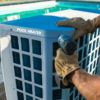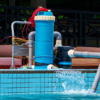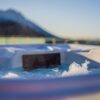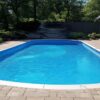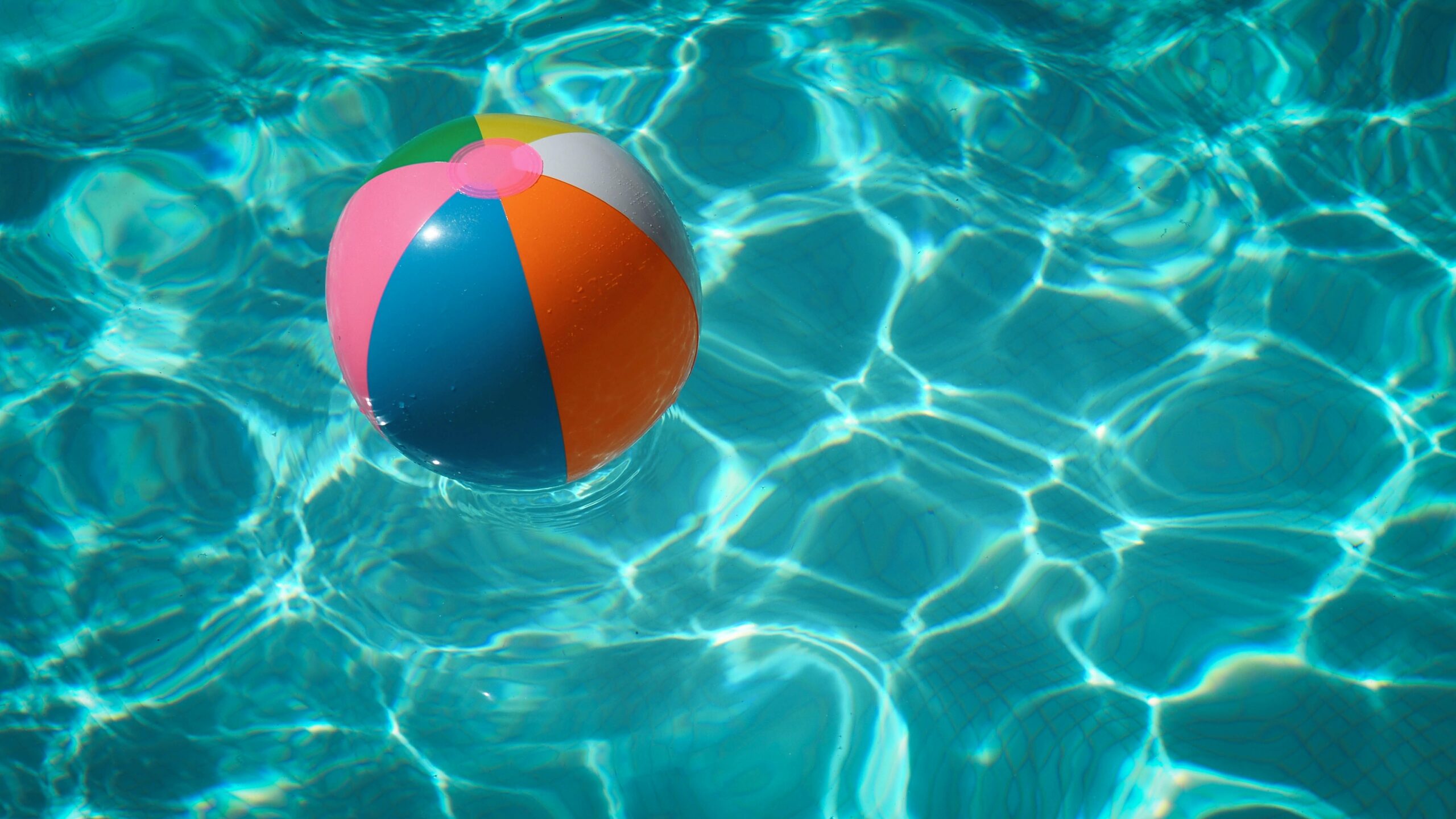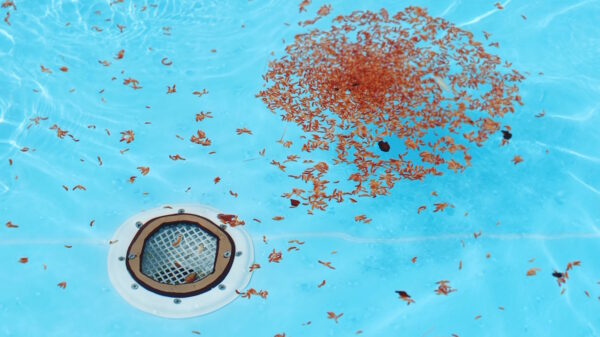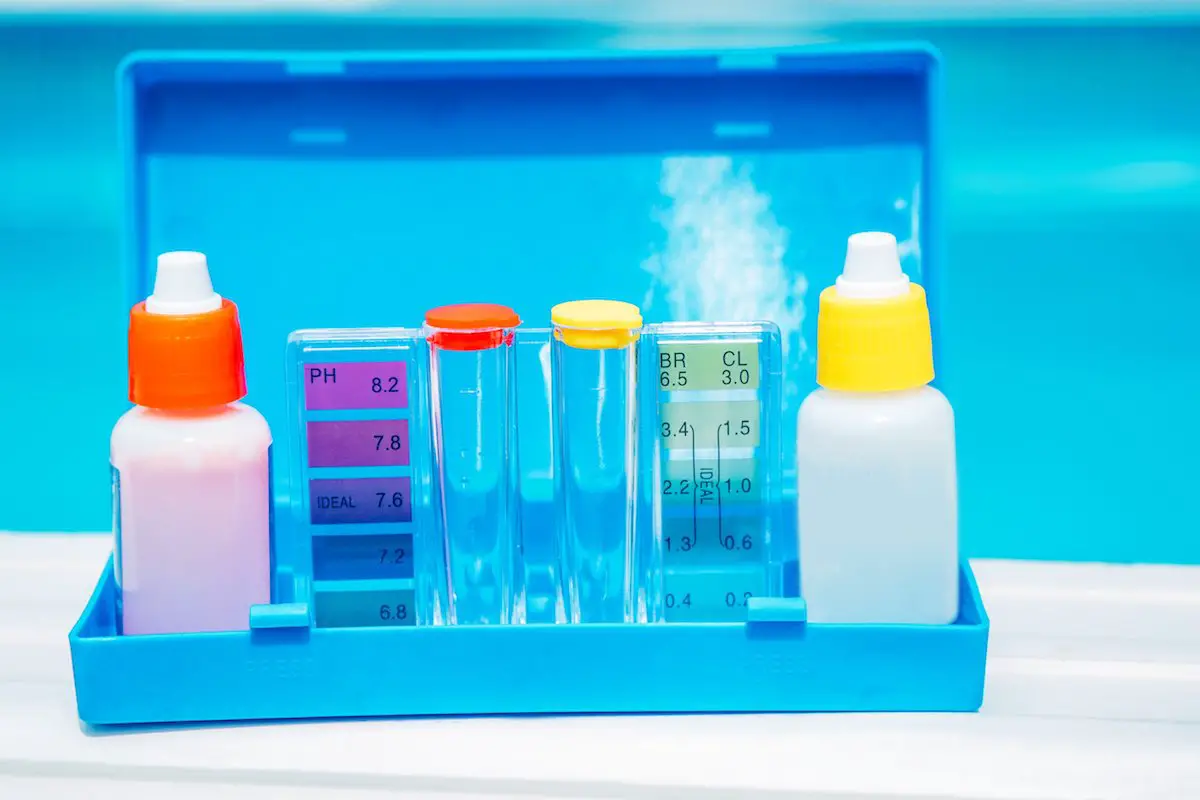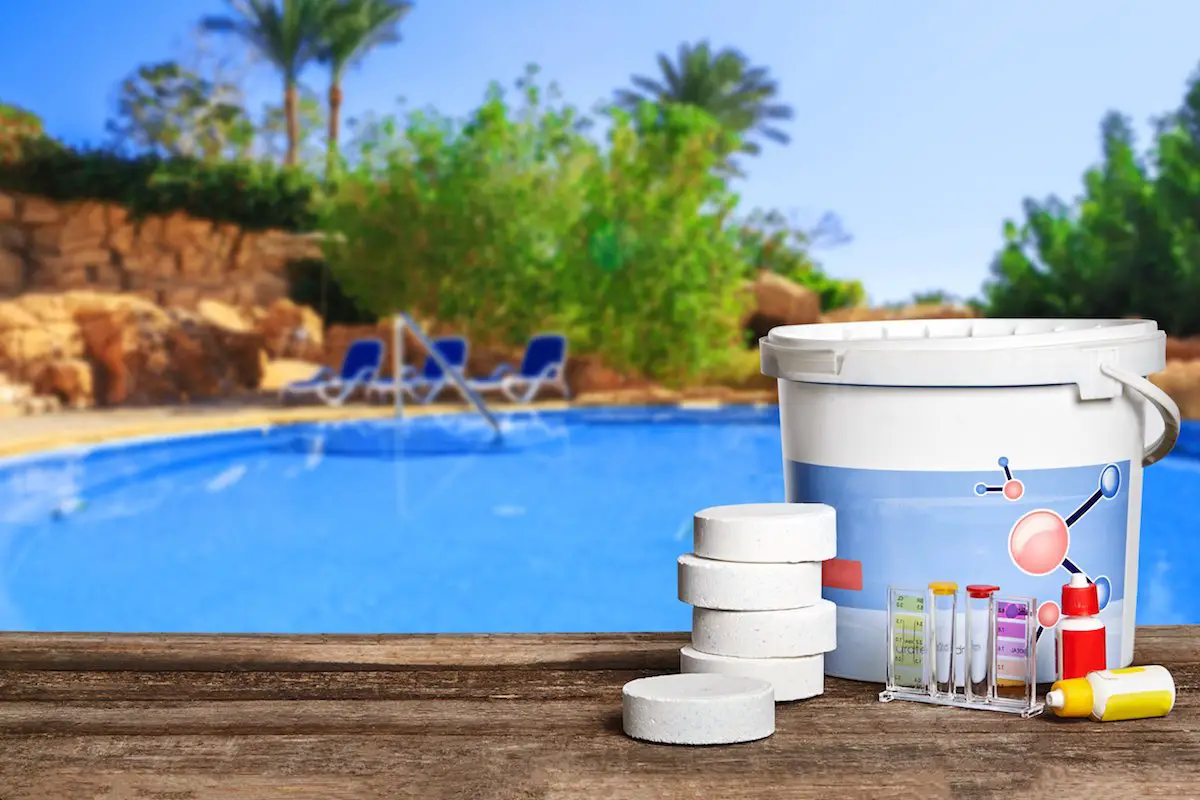How to Quiet Your Pool Pump: Noise Reduction Tips
Do you feel like your backyard is drowning in noise from your pool pump? Is it getting hard to have outdoor conversations or enjoy peacefully relaxing in the pool without excessive noise levels? If so, you’re not alone. Many people find their outdoor oasis ending up too loud and distracting due to a noisy pool pump. Fortunately, there are ways that you can reduce the volume of sound coming from your pool pump with some simple noise-reduction techniques.
In this blog post, we’ll go over how to achieve better soundproofing with easy-to-implement steps and strategies while ensuring that your pump is working properly. The only thing worse than a loud pool pump is a broken one! Read on for everything you need to know about making sure your backyard stays peaceful!

Noise Reduction Techniques
Noise reduction techniques for pool pumps are an important consideration to ensure a pleasant outdoor experience. A typical swimming pool pump can produce noise levels of up to 80 decibels or more, which is comparable to the sound of a lawn mower running nearby. This can be quite disruptive and unpleasant, especially if there are people living near the pool who may be disturbed by the noise. Fortunately, there are several effective ways to reduce the noise produced by a pool pump and make the experience more enjoyable for everyone.
1. Install Acoustic Insulation
One of the most common methods used to reduce noise from a pool pump is to install an acoustic insulation barrier around it. This can be done with rubber matting, foam padding, or other sound-absorbing materials that absorb the sound waves created by the pump and reduce its volume. Additionally, the use of acoustic panels can be used to further muffle any remaining noise.
2. Use a Pool Pump Muffler
Another effective technique for reducing pool pump noise is to install a muffler or silencer on it. This device is designed to absorb some of the vibrations caused by the pump’s operation and convert them into heat energy, which is then dissipated away from the pump. This method can significantly reduce the amount of noise produced by the pool pump.
3. Add a Protective Cover
Finally, installing a protective cover or shield on the pool pump can also help to reduce its sound levels. By covering up the pump, it will be less exposed to outside noises such as wind and traffic that could otherwise increase its volume. This can be especially helpful if the pump is located in an area where there are a lot of other sources of noise.
By using these noise reduction techniques for pool pumps, homeowners can enjoy their outdoor swimming experience without worrying about being disrupted by excessive noise levels. With some careful planning and consideration, it is possible to create a peaceful oasis that everyone can enjoy.
Are There Quiet Pool Pumps?
Yes, there are pool pumps that are designed to be quiet. These types of pool pumps use specialized features such as sound-deadening enclosures and variable-speed motors to minimize noise levels. Additionally, some models may include additional features such as vibration dampeners and rubber mounting feet that further reduce noise output. While these quiet pool pumps do come at a higher price point than some of the less-quiet models, they are well worth it for those who want to enjoy their time in the pool without being disturbed by loud pump noise. Additionally, these pumps can help to reduce energy costs and extend the life of your pool equipment. In short, a quiet pool pump is an excellent investment for any homeowner wanting to maximize their enjoyment of their pool.
Choosing the Right Quiet Pool Pump
For those who are looking for a quieter pool pump, it is important to do research and compare different models. Consider factors such as motor size, energy efficiency ratings, and the features included in the design to determine which model best meets your needs. Additionally, be sure to read customer reviews to get an idea of how well each pump performs in real-world settings. With the right pool pump, you can enjoy a peaceful and relaxing time in your pool without any loud noise. If you are still unsure on what kind of pump you need, your local pool store should be able to help you. Just make sure you know what you are currently using so they can help you compare to other models.
Regardless of which type of pool pump you choose, remember to always follow the manufacturer’s instructions for proper installation and maintenance. This will help ensure that your pump continues to run efficiently and quietly for many years to come. With a little bit of research, you can find a quiet pool pump that will help you make the most of your time in the pool.

Is Your Pool Pump Working Efficiently?
Maintaining a pool pump is essential to ensure it works efficiently and helps keep your pool water clean and clear. When it comes to keeping your pool pump running smoothly, there are several things you can do. The first step is to make sure the filter is clean and free of debris. If the filter is clogged or dirty, this can prevent proper circulation of the pool water and decrease the efficiency of your pump. Additionally, make sure to regularly check and clean any skimmer baskets or other components in the system that can become blocked with debris or leaves.
Check for Signs of Wear and Tear
Also, check for signs of wear and tear on the pump itself, as worn seals or broken parts can prevent it from working efficiently. Finally, be sure to check that all hoses and pipes are securely connected and free of leaks. Following these simple tips can help keep your pool pump running efficiently and ensure you enjoy a clean, clear swimming pool for years to come.
Maintain Balanced Chemical Levels
Regularly checking the chemical levels in your pool is another important part of maintaining an efficient pool pump. Keeping the pH levels balanced helps prevent corrosion or scaling on the parts of the pump. Additionally, adding algaecide or other chemicals as needed helps prevent build-up on the pool’s surfaces and keeps your pool pump from working harder than it needs to.
Replace Worn Parts Regularly
Finally, make sure to periodically replace any worn parts or have a professional service come in to inspect and repair any issues with your pool pump. Doing so will help ensure your pool pump works efficiently and helps you get the most out of it.
Maintaining your pool pump may seem like a daunting task, but following these simple tips can help keep it running smoothly for years to come. With regular maintenance and care, your pool pump will be able to provide the clean, clear swimming pool you desire.
Frequently Asked Questions
Can Any Pool Pump Go with Any Pool?
No, not all pool pumps are compatible with all pools. Factors such as the size of the pool, pump head pressure requirements, and extra features can influence which pump is best suited for a particular pool or spa.
Can I Change a Pool Pump by Myself?
Yes, it is possible to change a pool pump by yourself. However, it can be dangerous and complicated because of the amount of electrical wiring involved. Before attempting this project, you should make sure you have all the necessary safety equipment such as goggles, gloves, and a GFCI outlet tester.


